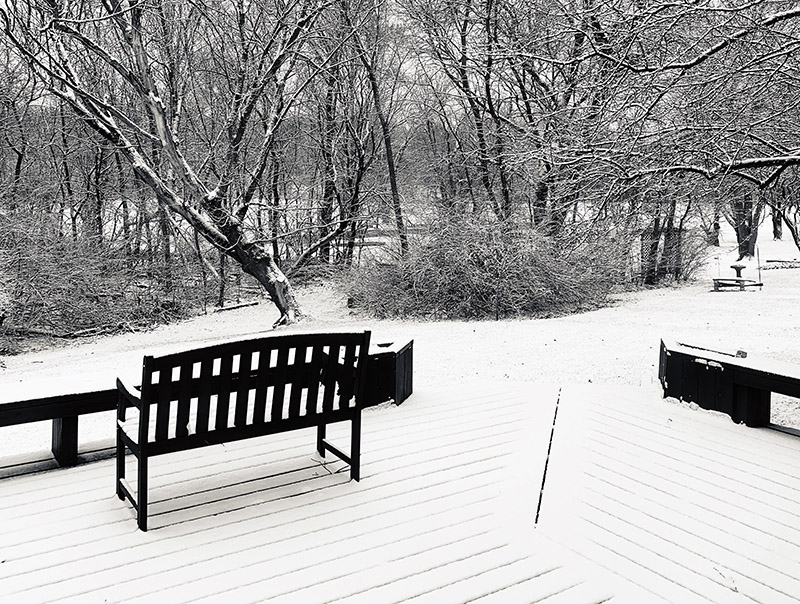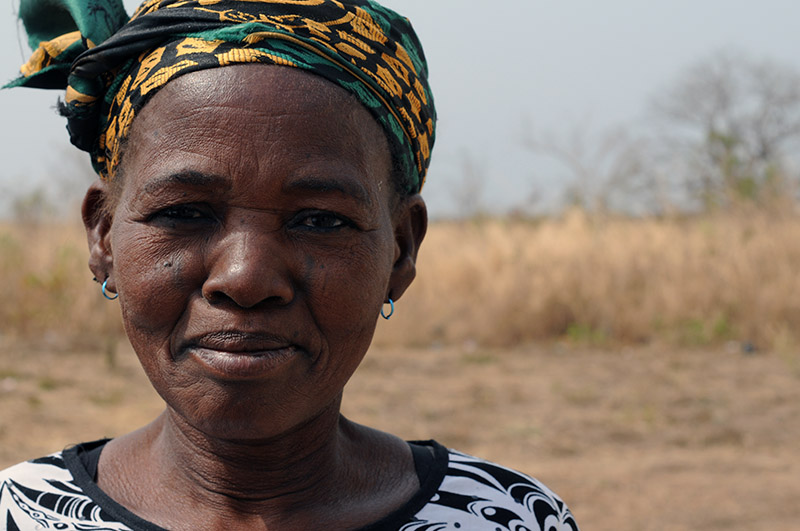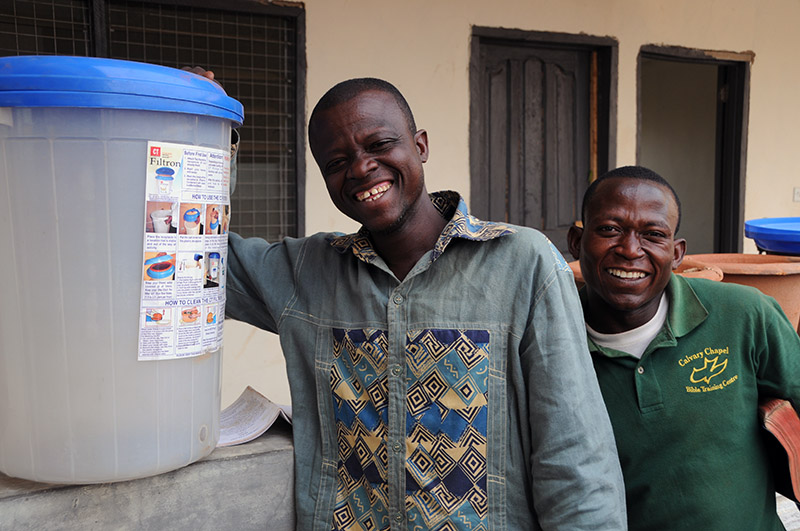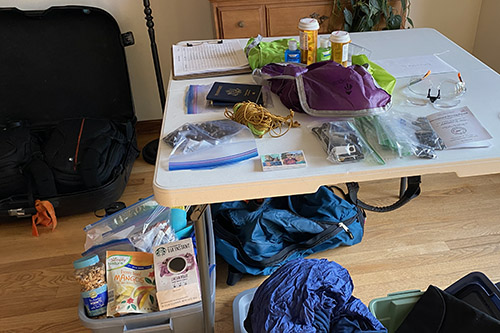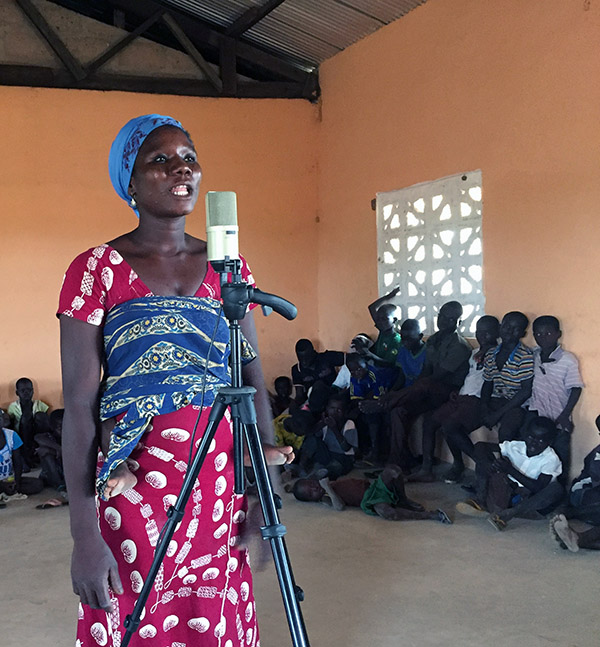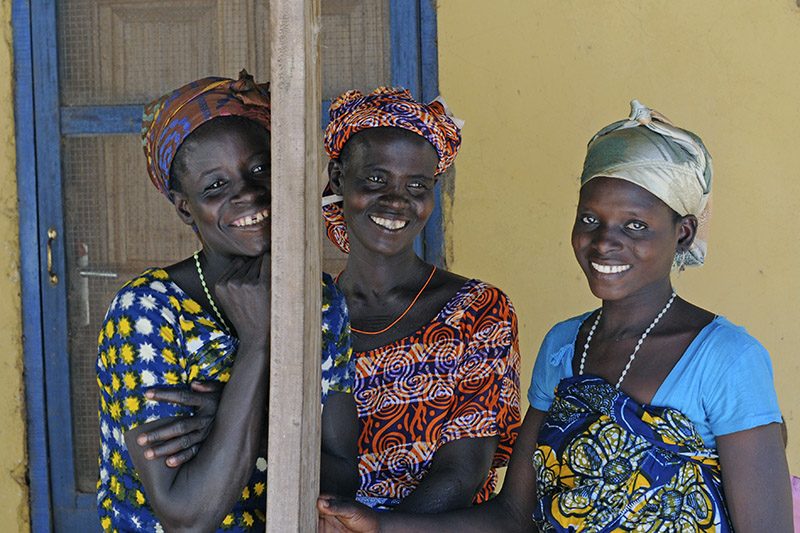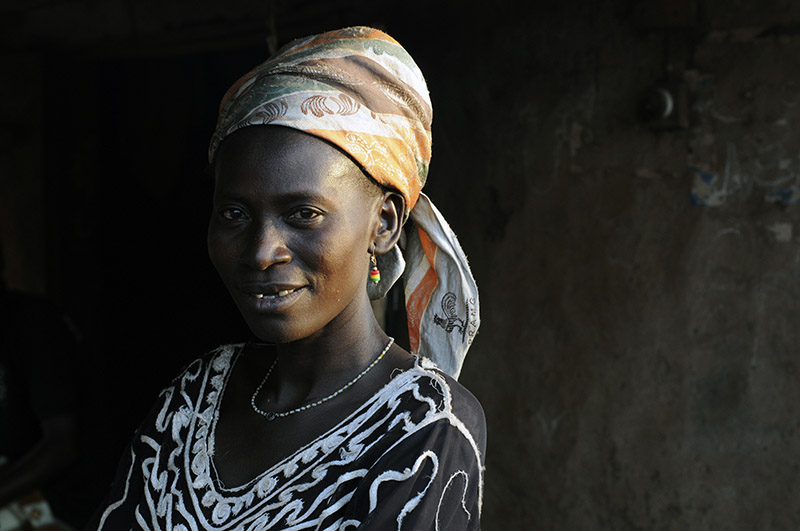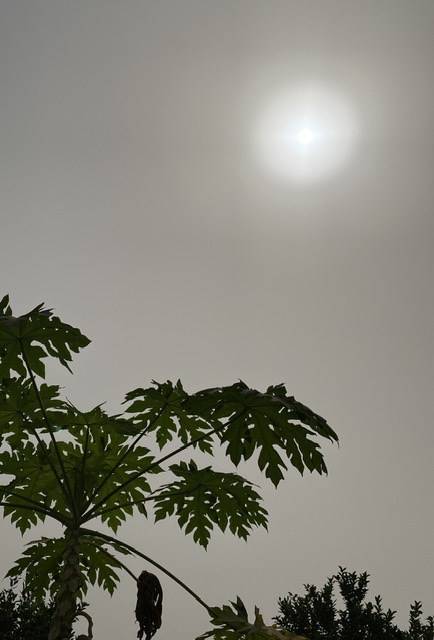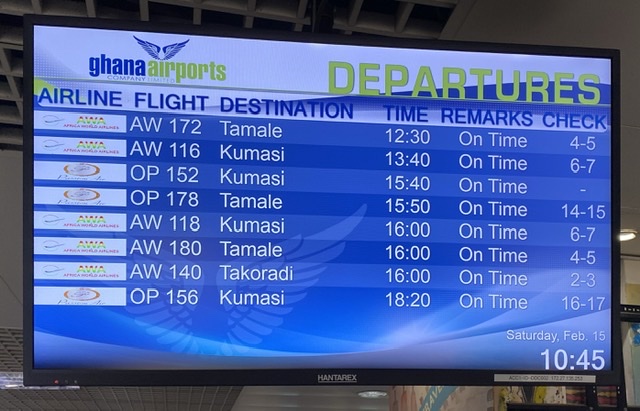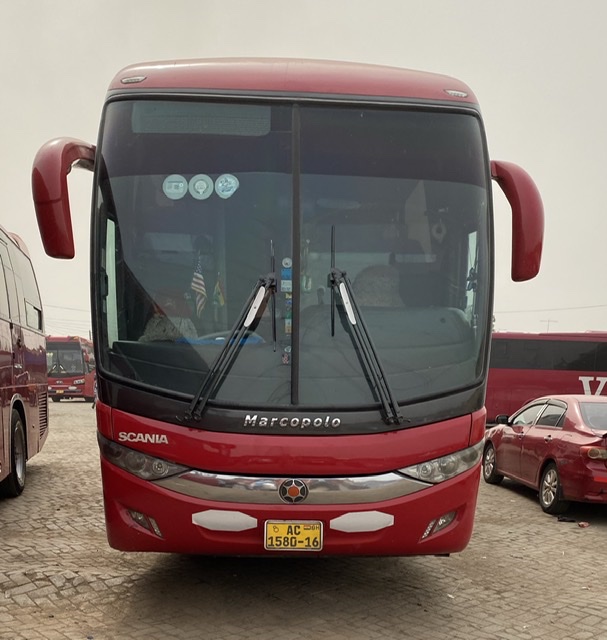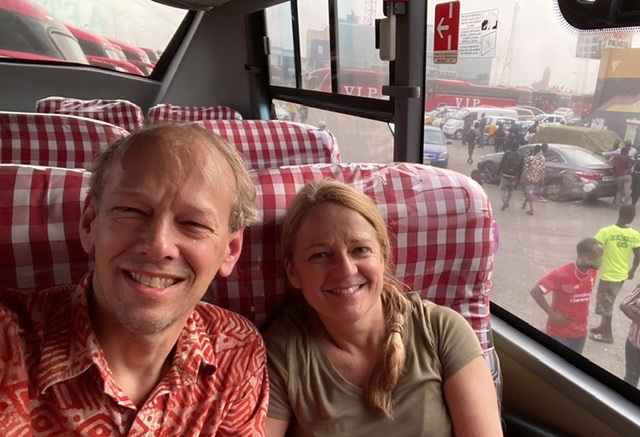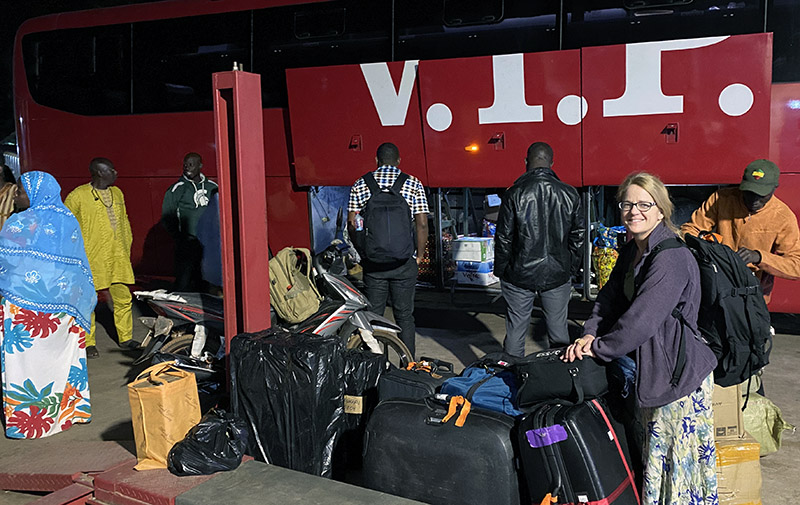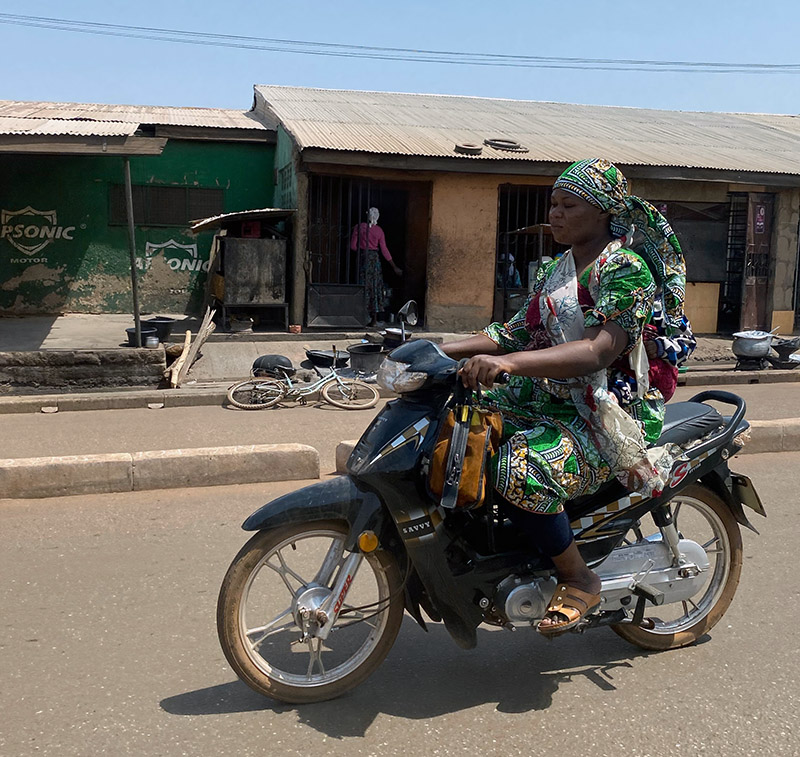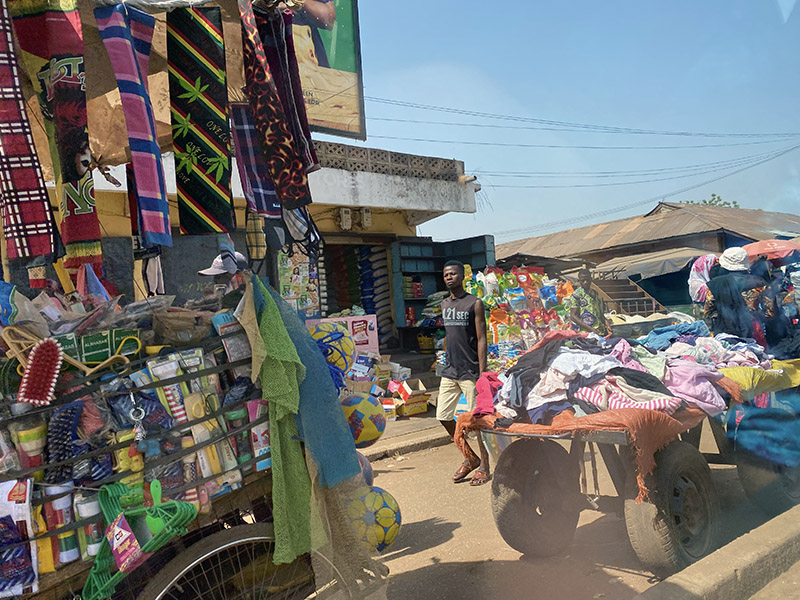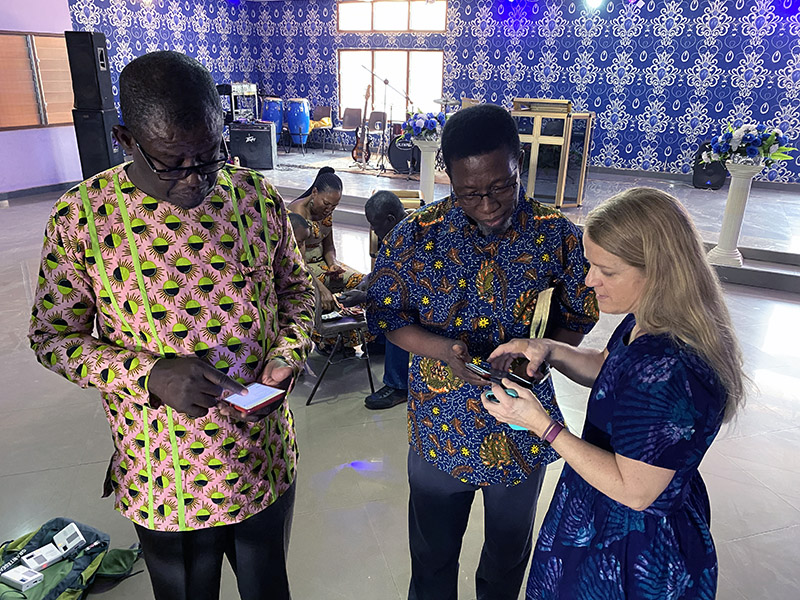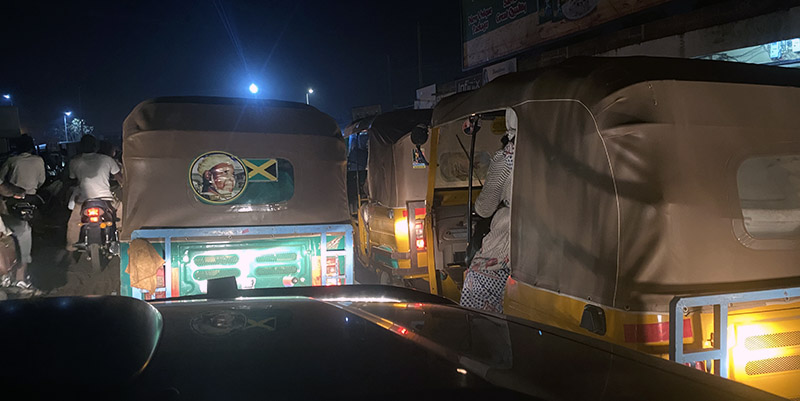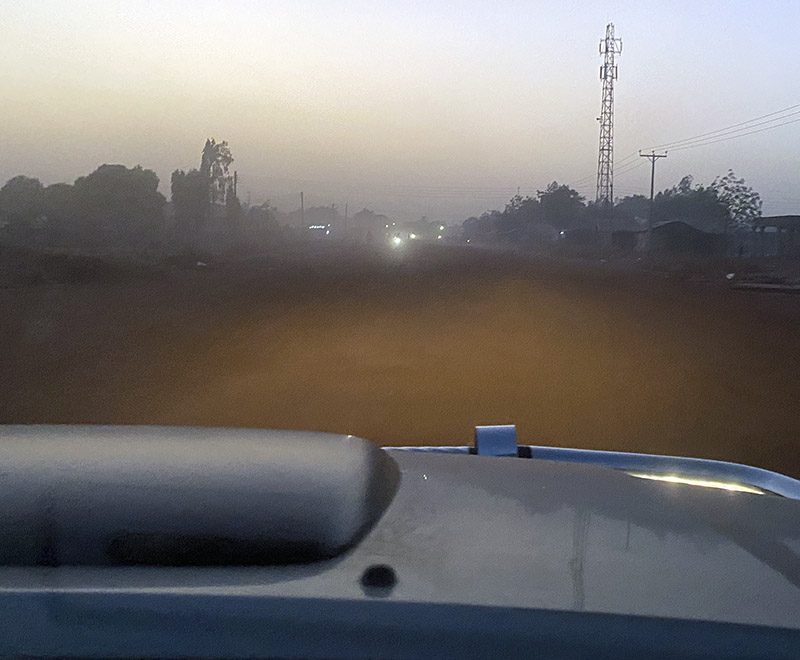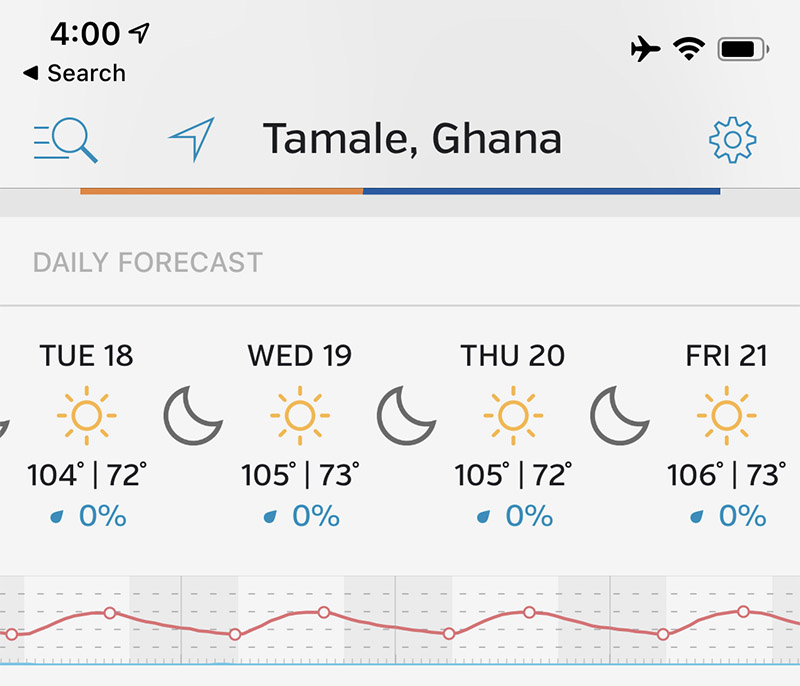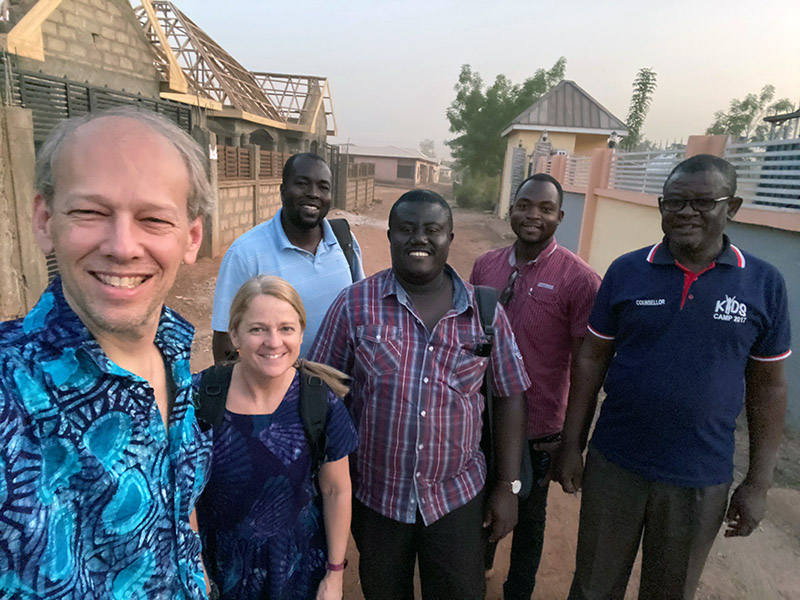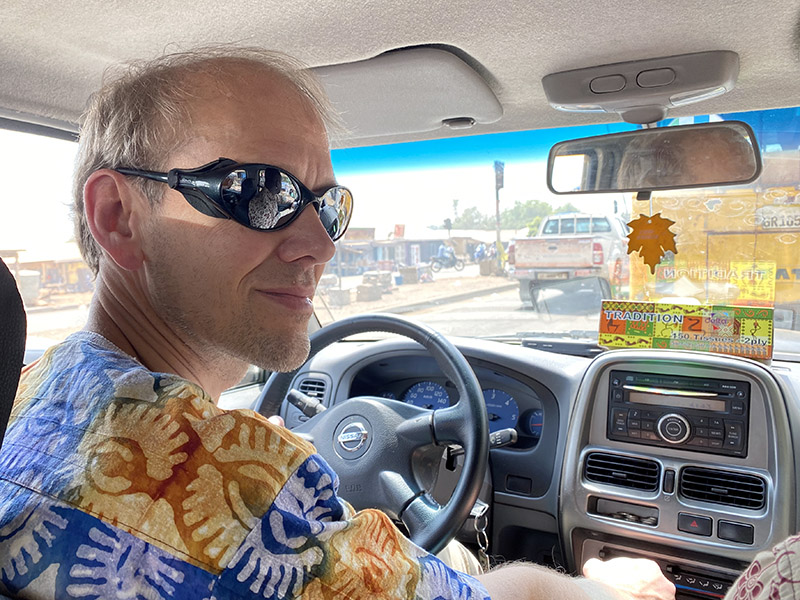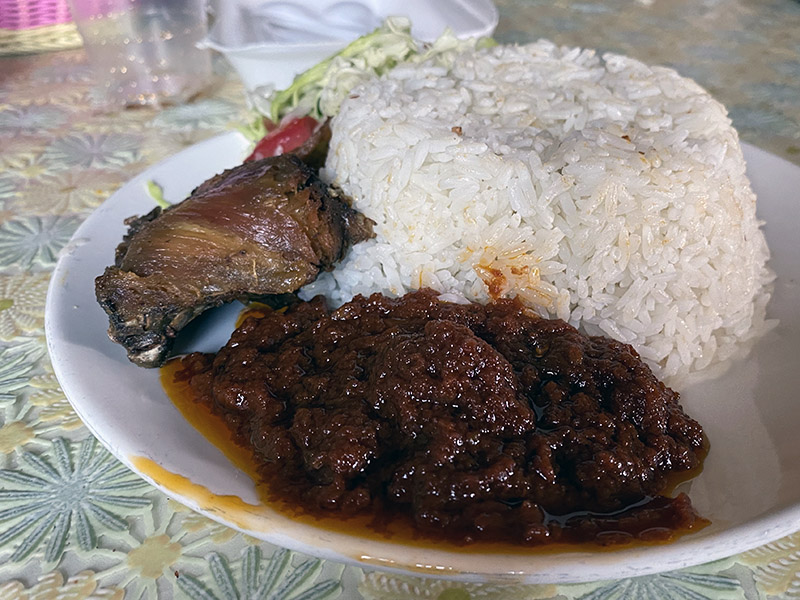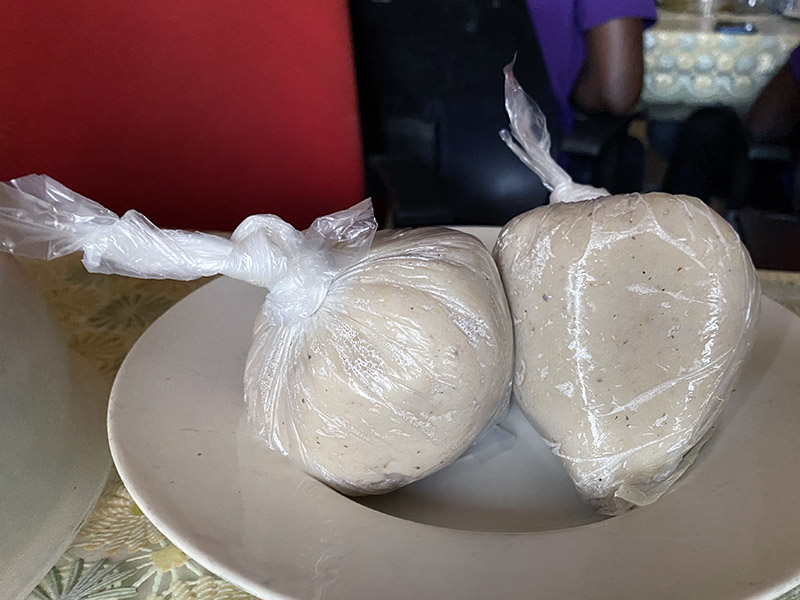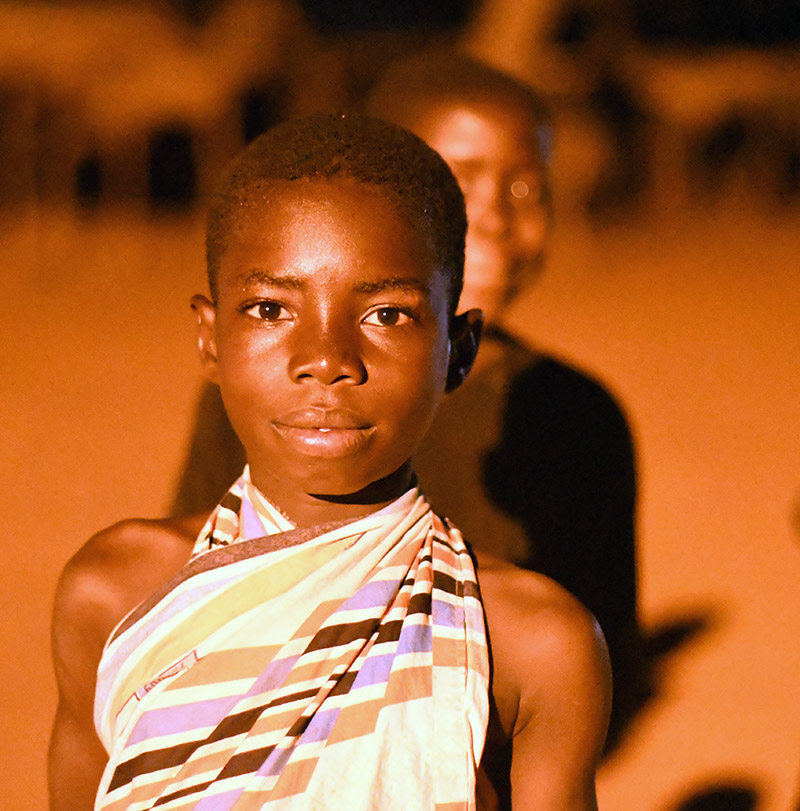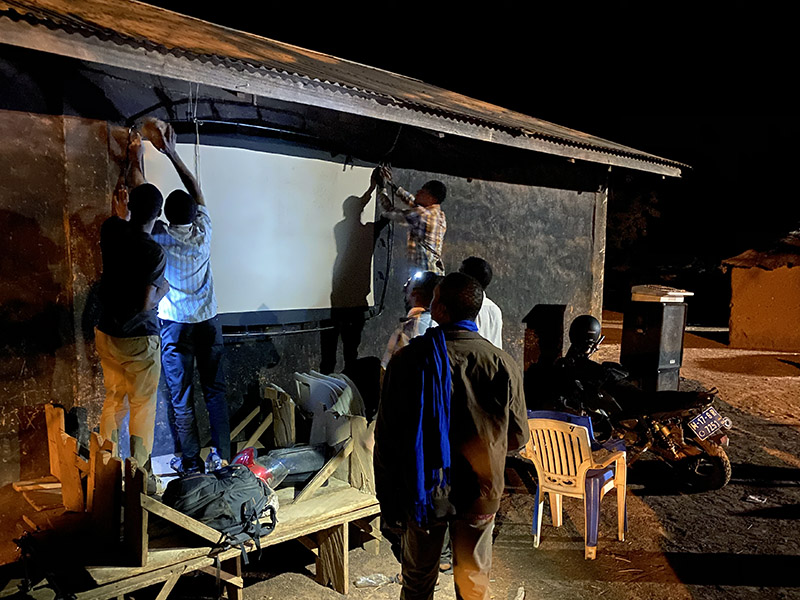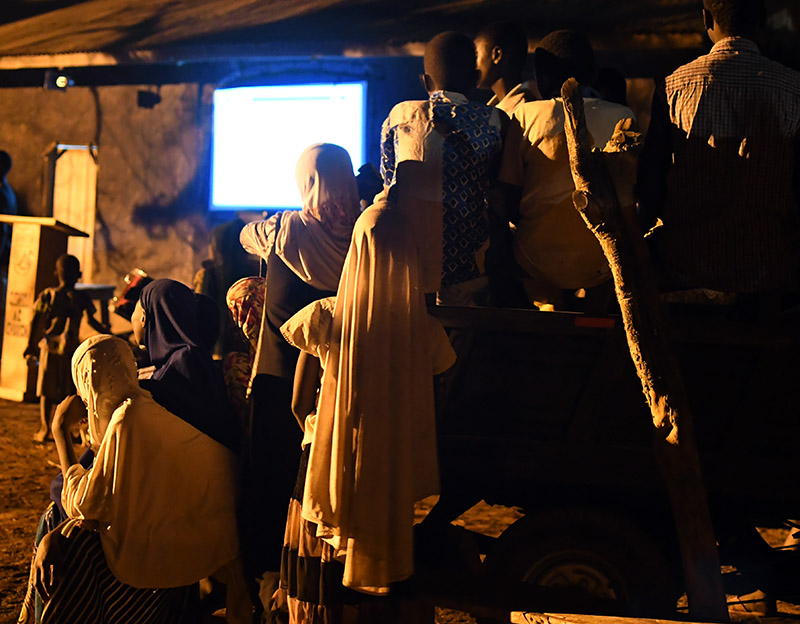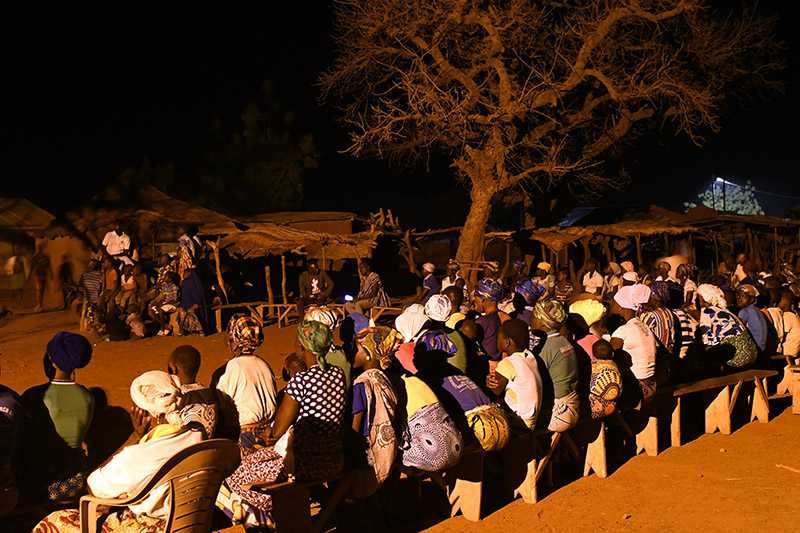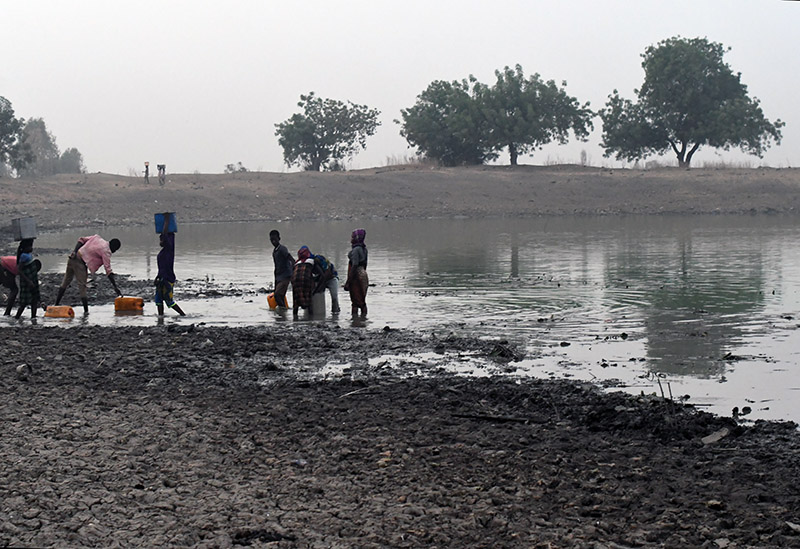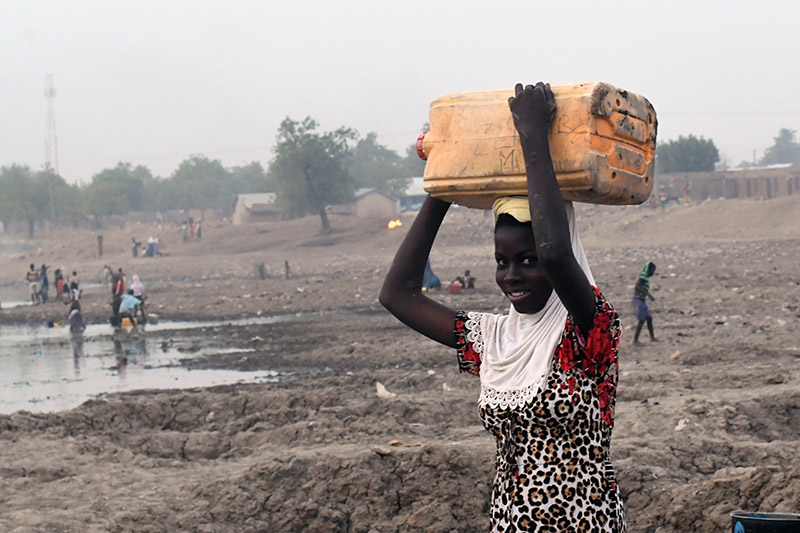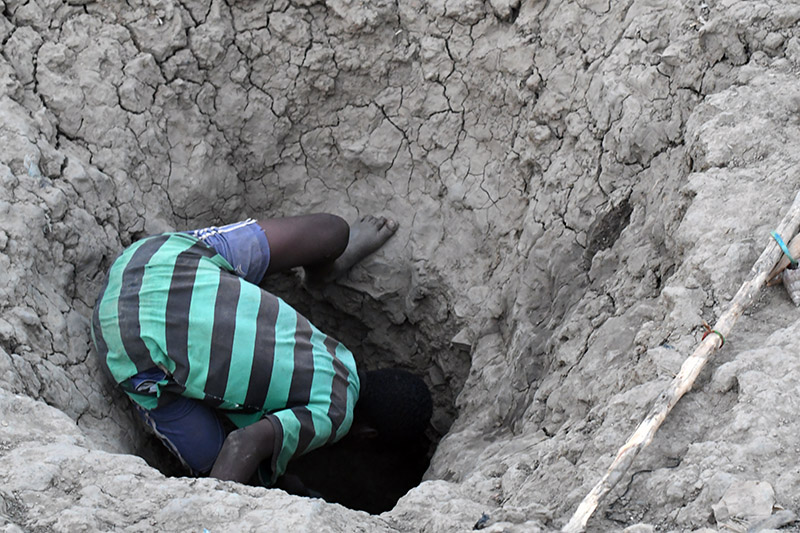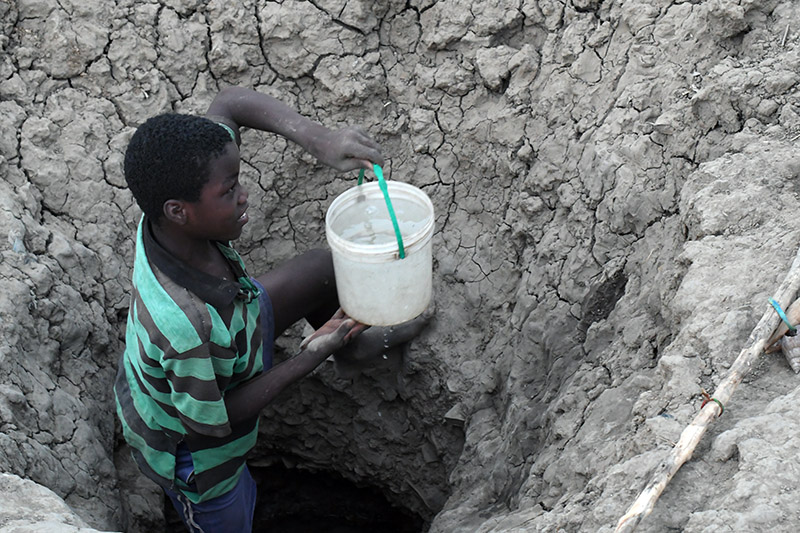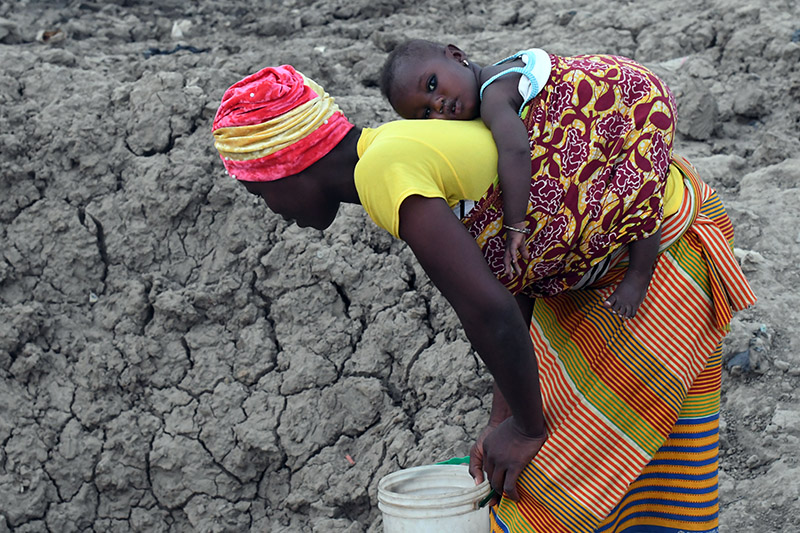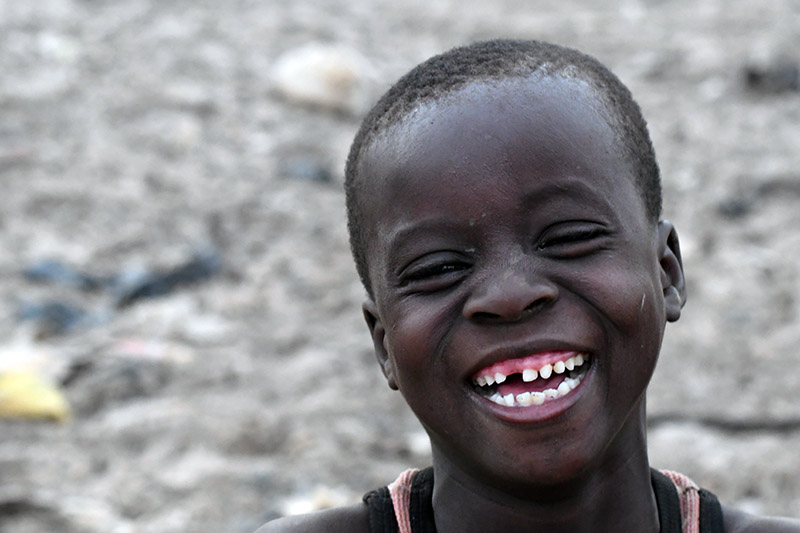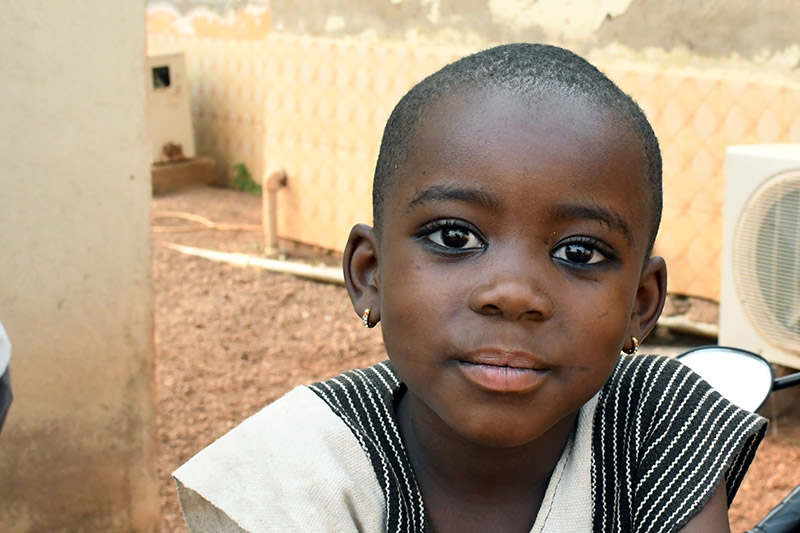Beth and I love visiting our friends in Africa. We are counting the days until starry skies, bold choirs, dusty roads, giggling children, and scorching temperatures fill our days. But somehow, given that this will be our eighth trip, preparation should be easier.
For work, I prepare to zip off to meetings on distant continents by simply dumping two wrinkled shirts, some underwear, a laptop, and bag of tech widgets into a green backpack. I spend more time brewing a good cup of coffee than I do packing.
But our work in Africa is different. Planning for this trip started one year ago, as Beth and I sat in the Brussels airport returning home from Ghana. Sifting through hastily scratched reminders and rereading thoughtful journal entries we sketched out ideas, improvements, and intentions for this year. And while Beth labors purposefully, over the entire year to support Ray and the team in Africa, my participation is more akin to Springtime weather. Weeks can elapse without rain until fierce midnight winds swirl camera lenses, instant coffee, mosquito netting, antibiotics, and terabytes of disks across every flat surface in the house. In the peaceful calm of morning, Beth comes down the stairs to survey the new stacks and sidestep items that have not yet found a heap. Maybe I’m making a computer scientist excuse, but stacks and heaps are helpful for organizing.
This year, a group of friends has been helping prepare our quirky African tech, which includes everything from ruggedized solar-powered audio players to 12 pocket-sized Linux web servers. But I’m getting ahead of myself… This is the first blog post for this year, and while many parts of the trip will be new, many will be quite familiar. Beth and I are looking forward to bright smiles, beautiful songs, and quiet reflection, and we hope you will join us virtually, but tuning into the blog each day for a short update, a few pictures, and a chance to experience the joyful sounds and stunning imagery of West Africa.
To help new readers with a brief preview of what we might be saying, here an audio recording we did of the Kpatinga Choir back in 2014. The reverb in the small concrete building with a steel roof is spectacular. The style is typical caller-response.
A few words about the trip and how this blog works…
Posts to the blog are in reverse chronological order. That means that what you see first at the top of your screen is the most recent post. Scroll down for older posts.
However, if you are curious about our previous trips, you can read them like a book, from beginning to end, chronologically. You can find last year’s trip here, but at the top of this blog is a link to Previous Trips, where you can look all the way back to 2011.
We love comments. What would a blog be without comments and suggestions from people following along? Beth and I read all of them and enjoy hearing from you. Often, we are working from before the first rooster to long after the Milky Way stretches from horizon to horizon. So please be patient, we will try and reply to comments or questions when we have a break.
Finally, please keep in mind that while cell phone towers are going up all over the bush of northern Ghana, there are many times we simply don’t have internet or can only eek out a few words. Read last year’s blog to get a sense of some of our struggles relaying messages. Also, Africa stress tests everything — from cars to computers. Cracked engine blocks, flat tires, and police road blocks can delay us, and there will be times when we just can’t post to the blog. Please don’t worry. Like last year, my college roommate Joe (wow, that was 35 years ago) will be the electronic base station for relaying messages and updating the blog if we run into complications.
Finally… our schedule: We leave Thursday evening for Ghana. We will arrive in Accra on Valentine’s day, and then head up north to meet the team. We look forward to introducing you to them, and explaining more about what we are doing, the tech, and why fufu is best experienced with your hand.
So drop in, smile, comment, and don’t be shy. We will post again when we get to Brussels.
